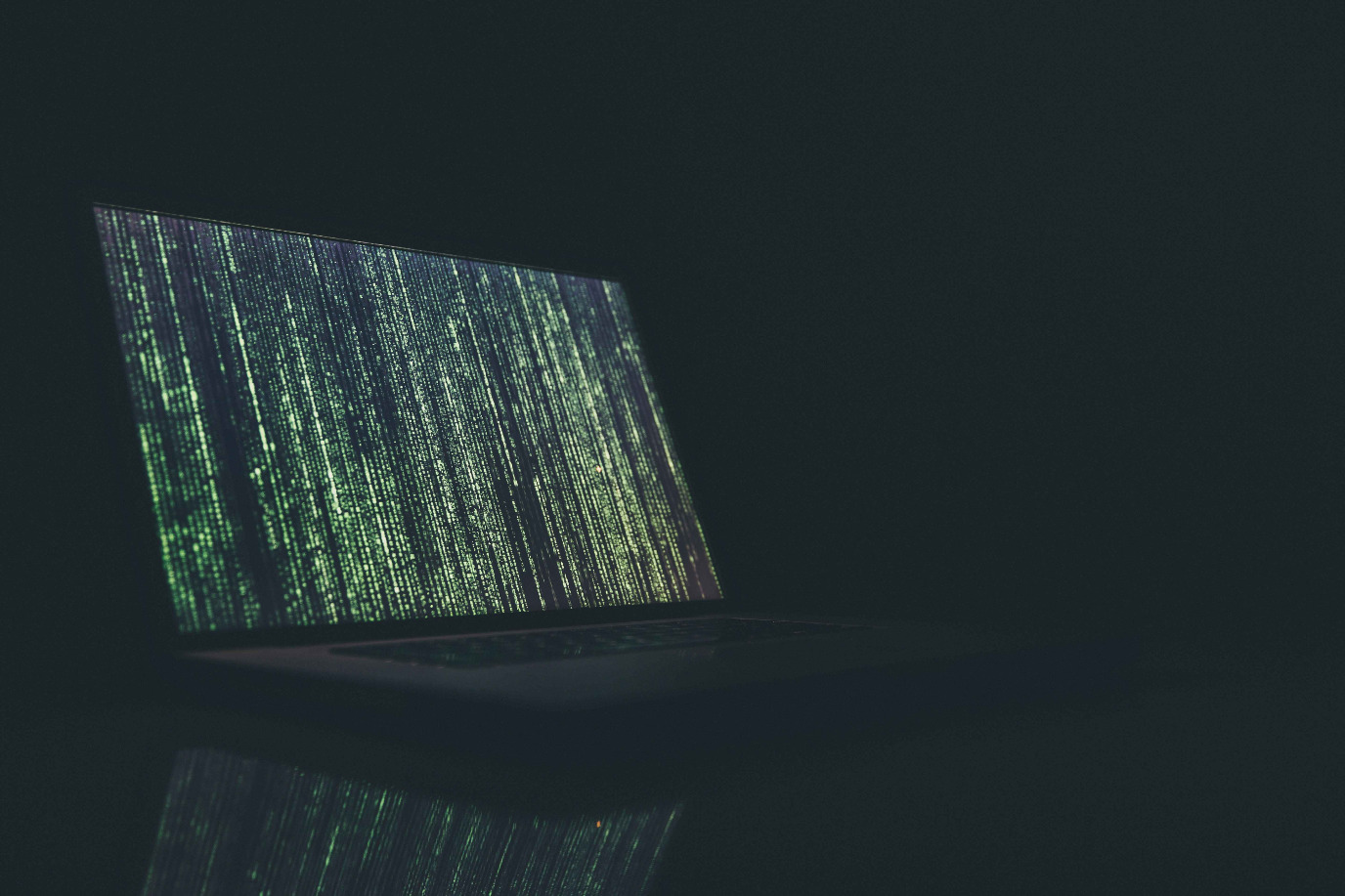Data Infrastructures & Algorithmic Practices

The research theme Data Infrastructures and Algorithmic Practices focuses on the interaction between media infrastructure and society. Understood as an ensemble of the social and the technological, infrastructures ‘stand under’ media and, as such, enable and constrain the applications built on them.
In turn, media infrastructures shape practices and cultural forms, and simultaneously shape new forms of governance and regulation. The study of media infrastructures has helped scholars to question that which is taken for granted, and to make visible obscured processes, systems and values.
Data driven content and automated curation
A particular area of concern for this theme are developments in data-driven content and curatorial automation (AI, algorithms); and implications for social and power relations. Along with the study of infrastructures such as media platforms, we are interested in investigating sociotechnical practices (strategies vs. tactics), the subversion of power relations through data activism and non-use, and emerging technologies that challenge large-scale technological infrastructures.
Infrastructures unfold across time. Thus, one of the theme’s aims is to historicize infrastructural changes and continuities. This could involve research into the history of alternative networked infrastructures, and how they have existed alongside mainstream social platforms.
It also involves the study of how technologies and systems are imagined before they are realized. While discourses of innovation and “disruption” are dominant in the marketplace, we may also ask how we might imagine and develop new forms of cooperation and collaboration.
Infrastructures also unfold across space. As structures in the making they provide the operational backbone of global digital cultures, always under negotiation between civic, governmental and corporate interests.
These processes are highly uneven and unstable. A focus on media infrastructure challenges the ‘flat’ ontology of much globalization discourse. For instance, contrary to the "Netflix everywhere" claim, scholars have shown how low bandwidth and high subscription fees limit the service to the world’s wealthier middle classes.
Algorithmic decision-making
A central concern for this theme are questions of equality and justice vis-à-vis algorithmic decision-making processes. Bias is now hardcoded into algorithms. We therefore draw on critical data studies to question the implicit assumptions and patterns coded into computational analytics.
This involves historical and theoretical reflections on data-driven algorithms, and empirical examinations of how algorithmic curation influences attitudes, behaviors and values which may further reinforce or temper the existing social divide.
It also involves practical engagement with current tools of data collection, storage and evaluation. For example, how might we imagine and build search engines and filter algorithms that acknowledge difference, conflict, and anomalies as their guiding principles?
Data Infrastructures and Algorithmic Practices will thus focus on theoretical, practical, and empirical explorations of infrastructures as the operational backbone of digital cultures and societies. How do infrastructures constrain and enable practices? How do we govern infrastructure and how do infrastructures govern us?
We are committed to making visible the materiality of media infrastructures in order to challenge the way media studies sometimes overlooks the systems undergirding communication.
Keywords: Materiality; Networks; Distribution; Computer-mediation; Platform; Algorithm; Algorithmic curation; AI; Automation; Machine learning; Machine memory; Cloud computing; Environment; Ambient intelligence; Data and databases; Archives; Custodianship; Governance protocols
Conveners: Rik Smit & João Magalhães
| Last modified: | 12 September 2024 12.20 p.m. |
